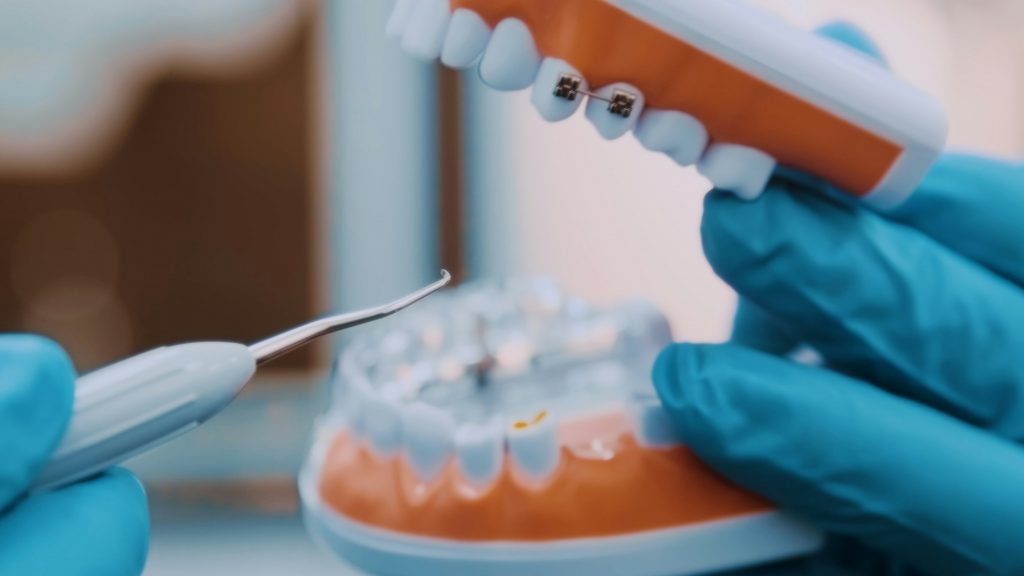
Holistic dentistry transforms the treatment of common dental issues by focusing on the entire person, not just their oral symptoms. This approach combines natural therapies with modern dental techniques to effectively address cavities, gum disease, and other oral health concerns. Let’s delve deeper into these holistic methods and understand their wide-ranging benefits.
Holistic Cavity Treatment Holistic dentists put a strong emphasis on early detection and prevention of cavities. They often employ remineralization strategies, which strengthen tooth enamel and can even reverse the early stages of cavities. This proactive approach avoids the need for traditional fillings, especially those containing mercury. Instead, safer, more aesthetic materials like composite resins are chosen. These biocompatible options are better for the body, aligning with its natural processes and minimizing health risks.
Innovative Approaches to Gum Disease Gum disease treatment in holistic dentistry is gentle and non-invasive. Herbal rinses and essential oils, known for their anti-inflammatory and antimicrobial properties, are frequently used. These natural treatments, such as tea tree oil, aloe vera, and neem, help in reducing gum inflammation and promoting healing. Holistic dentists also focus on regular professional cleanings, coupled with proper home care practices. They further investigate and address underlying issues like nutrition, stress, and hormonal imbalances that can contribute to gum disease.
Broadening the Dental Care Horizon Holistic dentistry goes beyond the conventional scope. It connects issues like bad breath to broader health concerns such as digestive disturbances. Tooth sensitivity is approached by identifying and rectifying the underlying causes, ranging from dietary acids to aggressive brushing techniques. Natural desensitizing agents and changes in dietary habits form part of the holistic treatment plan.
Diet and Lifestyle: Pillars of Oral Health The role of diet in oral health is a central tenet of holistic dental care. A balanced diet, low in sugars and acids and rich in nutrients, plays a critical role in maintaining oral health. Dentists in this field also emphasize the importance of lifestyle choices. Stress management techniques, physical activity, and quitting smoking are advocated for their positive impact on oral health.
Holistic dentistry integrates dental care with overall health. It champions natural treatment processes and emphasizes prevention. This comprehensive approach not only targets specific oral issues but also contributes to the enhancement of overall health and well-being.

